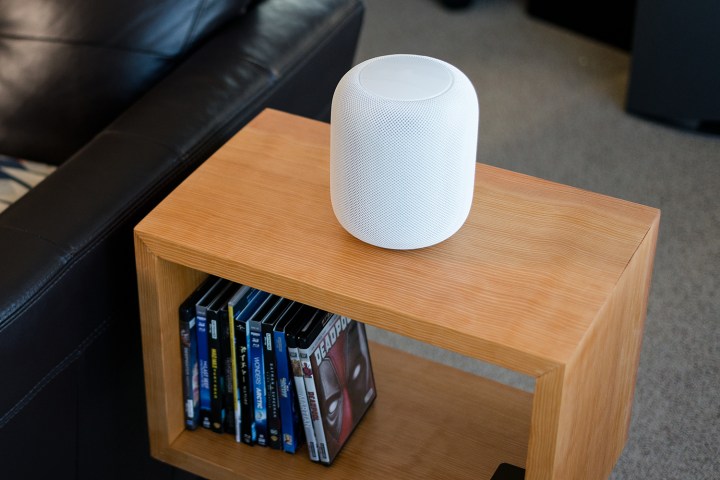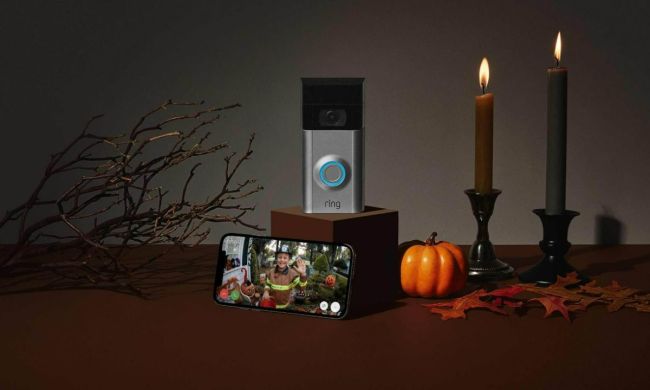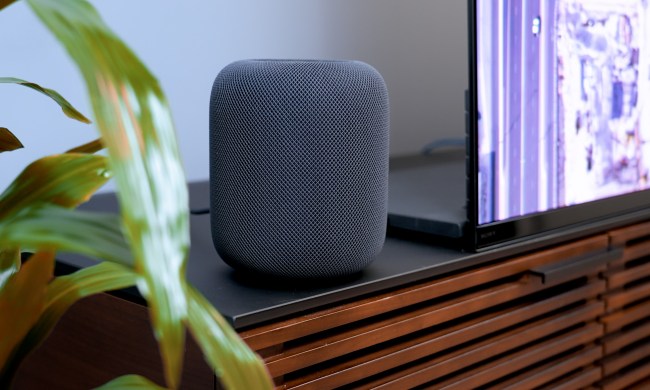It’s no secret that Apple has not had much success in the smart home market. The company wants to change that, of course, and is reorganizing its smart home efforts to turn its fortunes around, Bloomberg reported on Monday, October 28.
The team is headed by former Mozilla Chief Technology Officer Andreas Gal, who joined Apple after his company, Silk Labs, was acquired in 2018. Apple has also hired new managers and engineers from Amazon, Qualcomm, and other companies over the past several months, and has posted at least 15 new job postings since September to work under Gal.

Bloomberg says the team will focus on revamping the platform to make it more attractive to device manufacturers, who often add Apple’s HomeKit platform as an afterthought, if at all. Also, work will begin on developing and possibly building smart home devices beyond the HomePod speaker, Apple’s lone smart home device.
Such a move wouldn’t be surprising. Amazon is doing something similar: after years of building just Alexa-enabled home speakers, it now offers devices ranging from headphones to microwaves with Alexa support built-in.
Righting the ship when it comes to the smart home is vital to HomeKit’s long-term success. While Apple’s smartphone technology has been around since 2014 on its line of smart devices, the HomePod speaker only launched early last year after multiple delays, and at a price far above the prices of its competitors.
The high prices scared off consumers — and probably device makers, too, who chose to focus on building Alexa-enabled devices instead. The difference is stark: while Apple lists 450 devices on its website as being compatible with HomeKit, Google claims compatibility with 10,000 devices, and Amazon a staggering 85,000.
Part of the reason for the wide disparity may be Apple’s stricter specifications for working with the company’s platforms: both Google and Amazon place fewer restrictions on using their platforms. It is not clear if a strategy change will be part of Apple’s plans to revitalize its smart home efforts.
Either way, there is room for a lot of improvement. According to Consumer Intelligence Research Partners, Apple’s HomePod speaker has only a 5% market share, far behind Google’s 20% and Amazon’s 70%.


